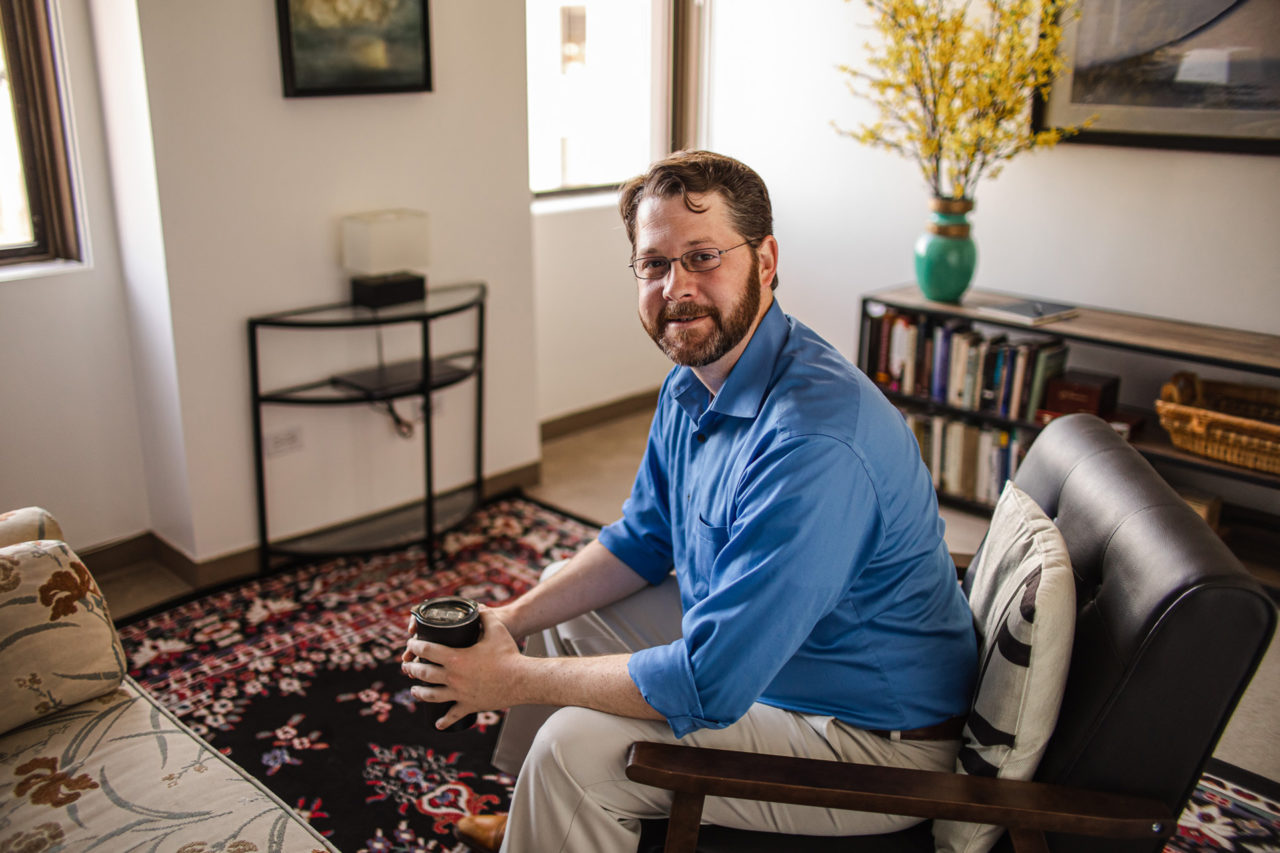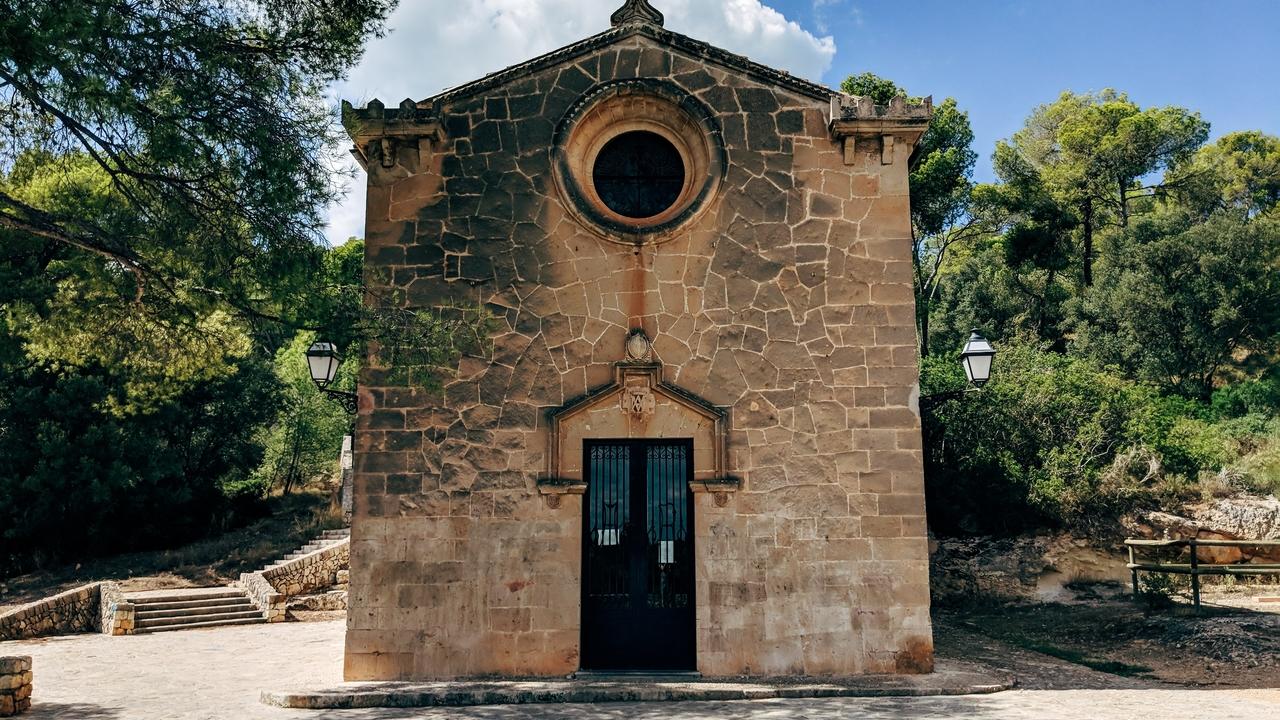Take me to the vocational discernment course!
by Daniel Johnson, M.A., Associate M.F.T.
It is easy to read hear the “many are called to the priesthood or religious life and few answer” message while forgetting that some try to answer that call and, for one reason or another, discern out of that calling. In general, it’s believed that two out of every three people who enter religious life will leave before final vows. If you happen to be in that group or even know someone who has been, it’s important to appreciate the somewhat difficult journey from both a spiritual and psychological perspective.
Appreciate the Complexity of the Journey
As anyone who has been in a romantic relationship knows, things can get complicated quickly. Natural desires, life philosophy, family of origin, physical and mental health, and financial habits can make these relationships difficult and challenging—before, during, and in some cases, after a commitment is made.
The complex intersection of genetics, environment, passions, and intellect make relationship decisions, whether that be with another individual or in the discernment of serving God through His church, complicated.
Just as a messy romantic breakup may leave a person wary of future relationships, it is not unusual that those who discern out of religious life experience a crisis in their emotional and spiritual lives. In fact, some may cease practicing their faith in any meaningful way at all for some period of time.
Return to God’s Love
The challenge in really any difficult human experience is to return to and remember the love of God.
St Thomas offers two seemingly simple proofs that God loves us. The first might be summarized: the mere fact that we exist is a sign of God’s love for us, “since the existence of a thing is itself a good…and to love anything is nothing else than to will good to that thing, it is manifest that God loves everything that exists” (Iae 20 ii corp.)
Just as the proverbial fish is incapable of knowing he is surrounded by water so to we are incapable of knowing the full extent of God’s love for us because His love the very reason we exist. This is foundational, our very existence is a sign of God’s love, how much more then must He love us if He has given us the life of Grace, His very life to share in.
Understand the Christian’s Response
Our response to God’s love is as complicated as our individual temperament, attachment style, cognitive distortions, psycho-social development, and all the other elements that go into forming our individual personalities. What is more, responding to God’s love does not exhaust the sum total of reasons why one would be motivated to enter religious life. Nevertheless there has always been a certain segment of the human race that has sought to live a life completely devoted to the contemplation of the divine. These souls want to respond as humanly possible to their experience of God’s love for them.
For those who discern out of religious life, many wonder: Do I not love God enough? Does God not love me anymore? Am I not worthy of God’s love? Am I guilty of some sin for which I am now being punished?
Our intellect tells us that God has not stopped loving us; after all, we are still alive and still have access to the sacraments. The challenge that many who leave the monastery must overcome is finding a way to love God without the external support offered by a religious community and without the internal support offered by the vows.
Growing Past the Experience
The practical expression and resolution to this challenge is of course different for each who undertake it, but for many, the root of the struggle involves actively and concretely reminding oneself of God’s love for them.
One exercise that can be done with those who have discerned out of religious life is a variation on the gratitude list: What are three signs that God loves you that you experienced today? This exercise first quite nicely along side of an examination of conscience at the end of the day. Taking this time at the end of the day creates the opportunity to use our imagination and to place God squarely in the midst of our day’s activities offering us His love.
This is only one of the many challenges that face those who have discerned out of religious life. They may need to figure out everything from how to get a job to how to structure their daily prayer, yet it is for many the foundation from which all the rest can be tackled. It is the fixed star that can guide them in finding what God has in store for them next in this life.
Daniel Johnson, M.A., Associate M.F.T.
 Daniel received six years of formation at St. Michael’s Abbey in Orange County. He extensively studied Thomistic theology and philosophy, and other branches of the Catholic intellectual and spiritual tradition. For about five years after leaving the abbey, he taught Modern History, Sacred Scripture, and other subjects at the abbey’s affiliated high school, and later at St. Monica’s Academy in Pasadena. Owing to his years of formation in the abbey and in teaching at Catholic schools, he brings to his counseling and therapy work a deep understanding of the Catholic view of human nature and our ultimate end. Contact Daniel Johnson.
Daniel received six years of formation at St. Michael’s Abbey in Orange County. He extensively studied Thomistic theology and philosophy, and other branches of the Catholic intellectual and spiritual tradition. For about five years after leaving the abbey, he taught Modern History, Sacred Scripture, and other subjects at the abbey’s affiliated high school, and later at St. Monica’s Academy in Pasadena. Owing to his years of formation in the abbey and in teaching at Catholic schools, he brings to his counseling and therapy work a deep understanding of the Catholic view of human nature and our ultimate end. Contact Daniel Johnson.
